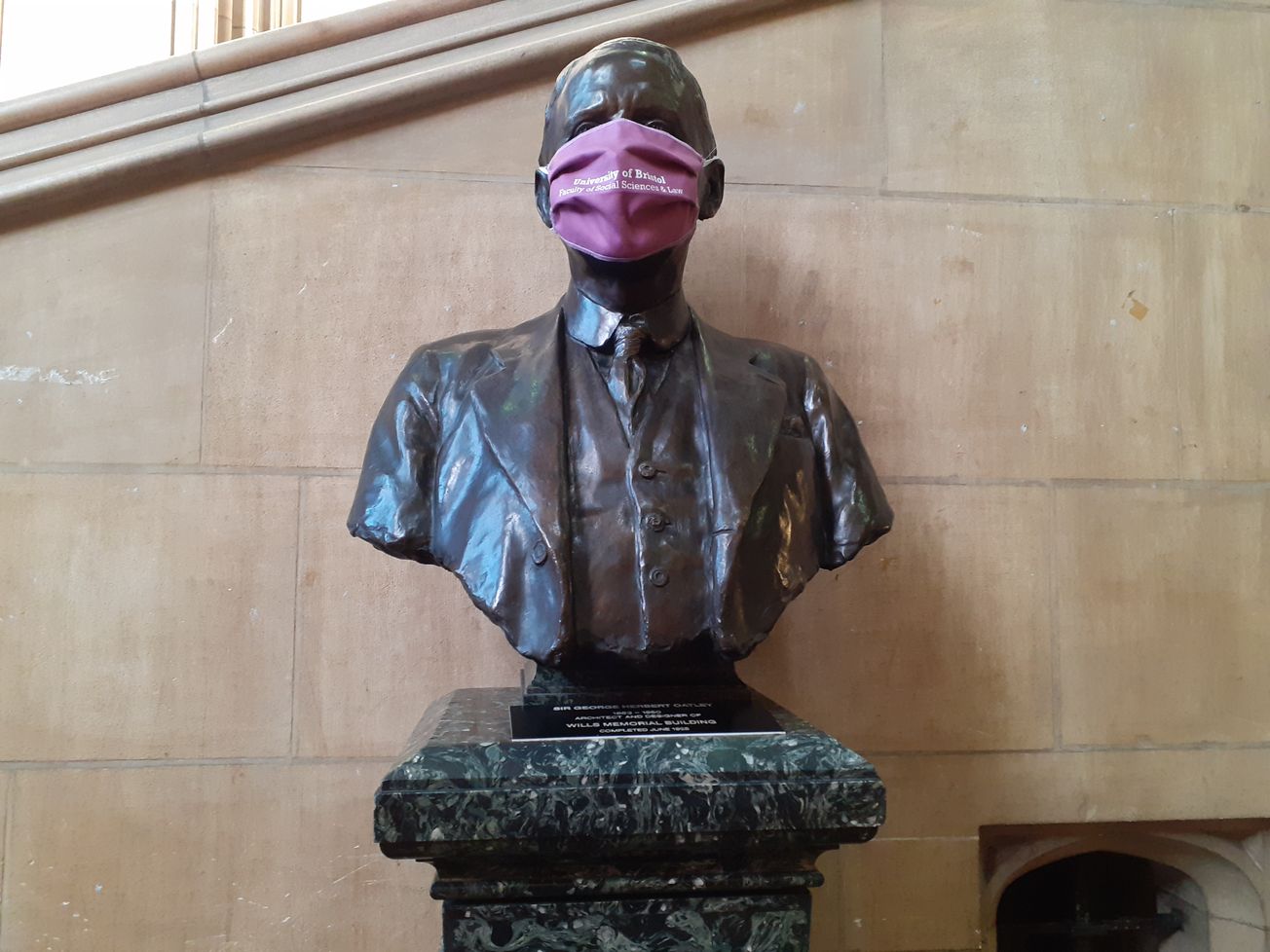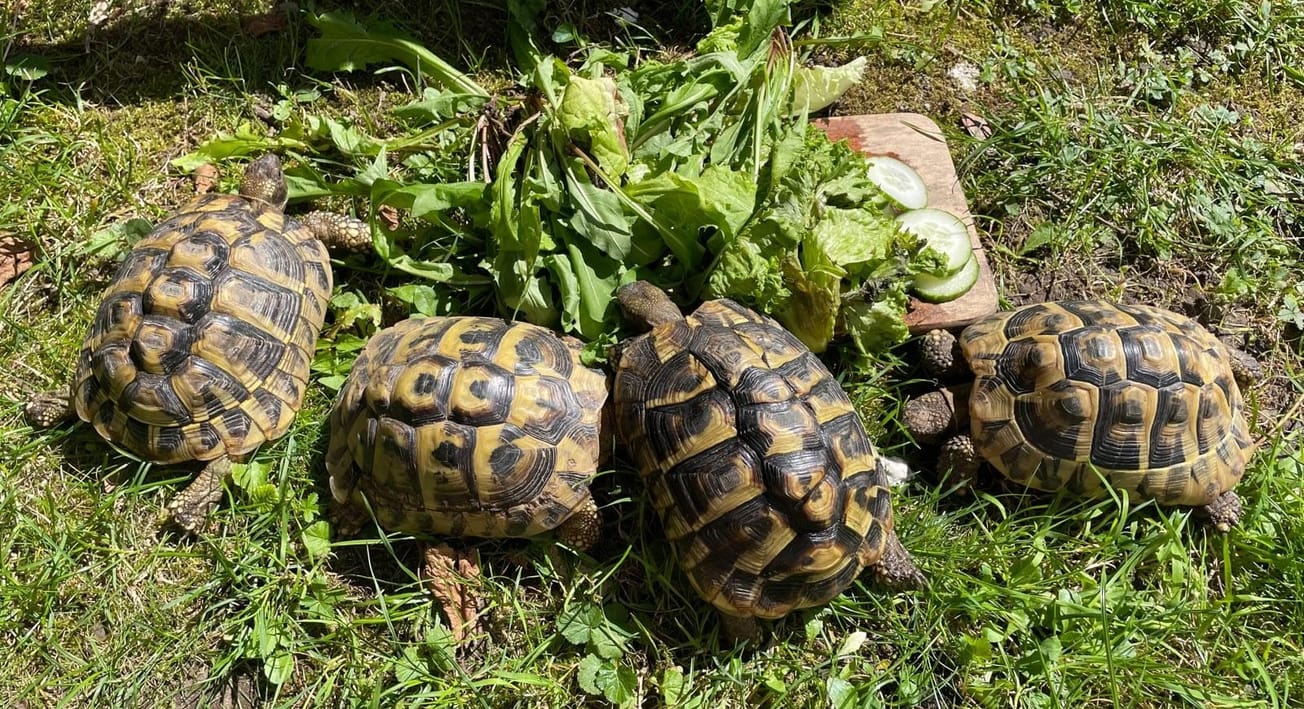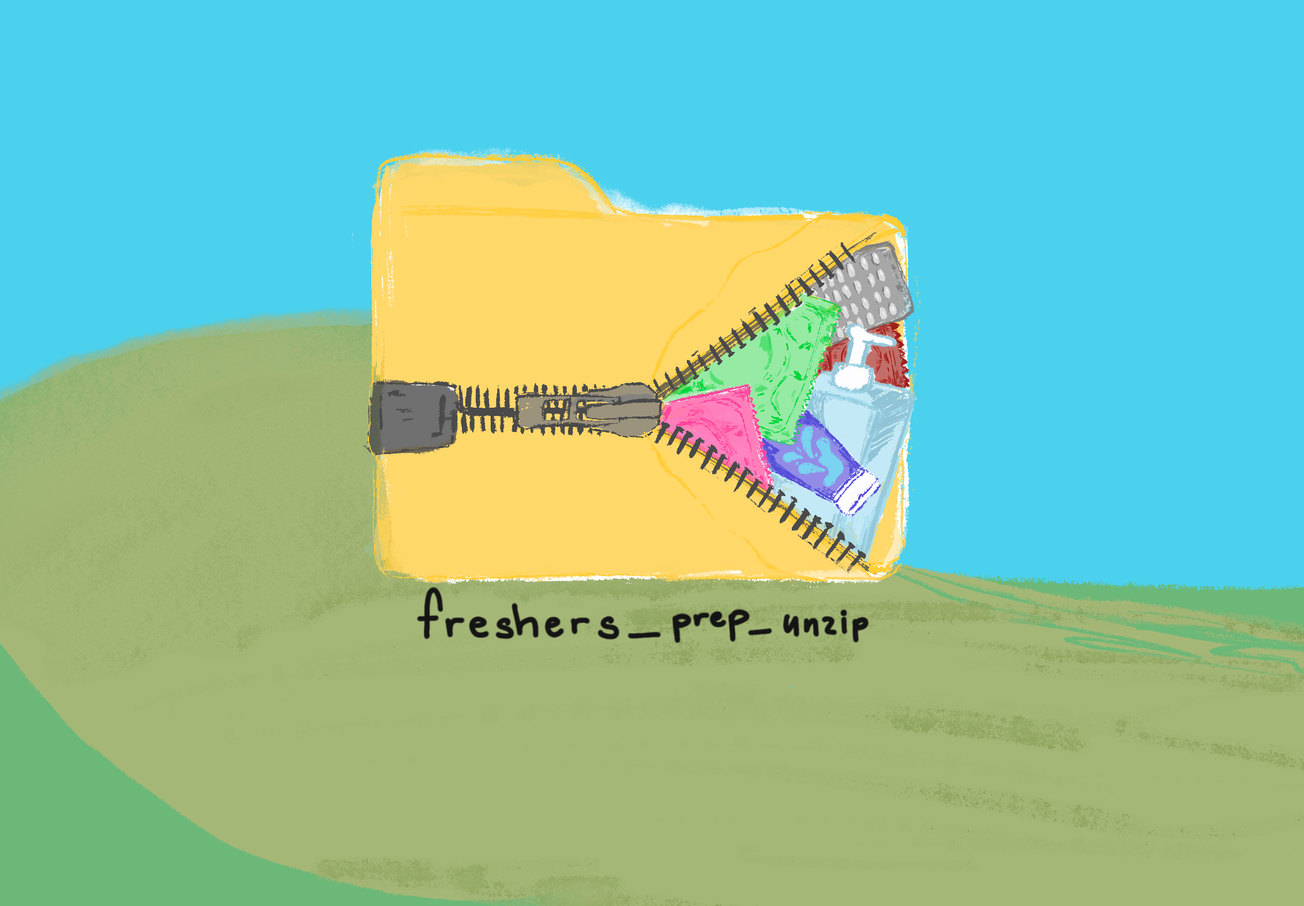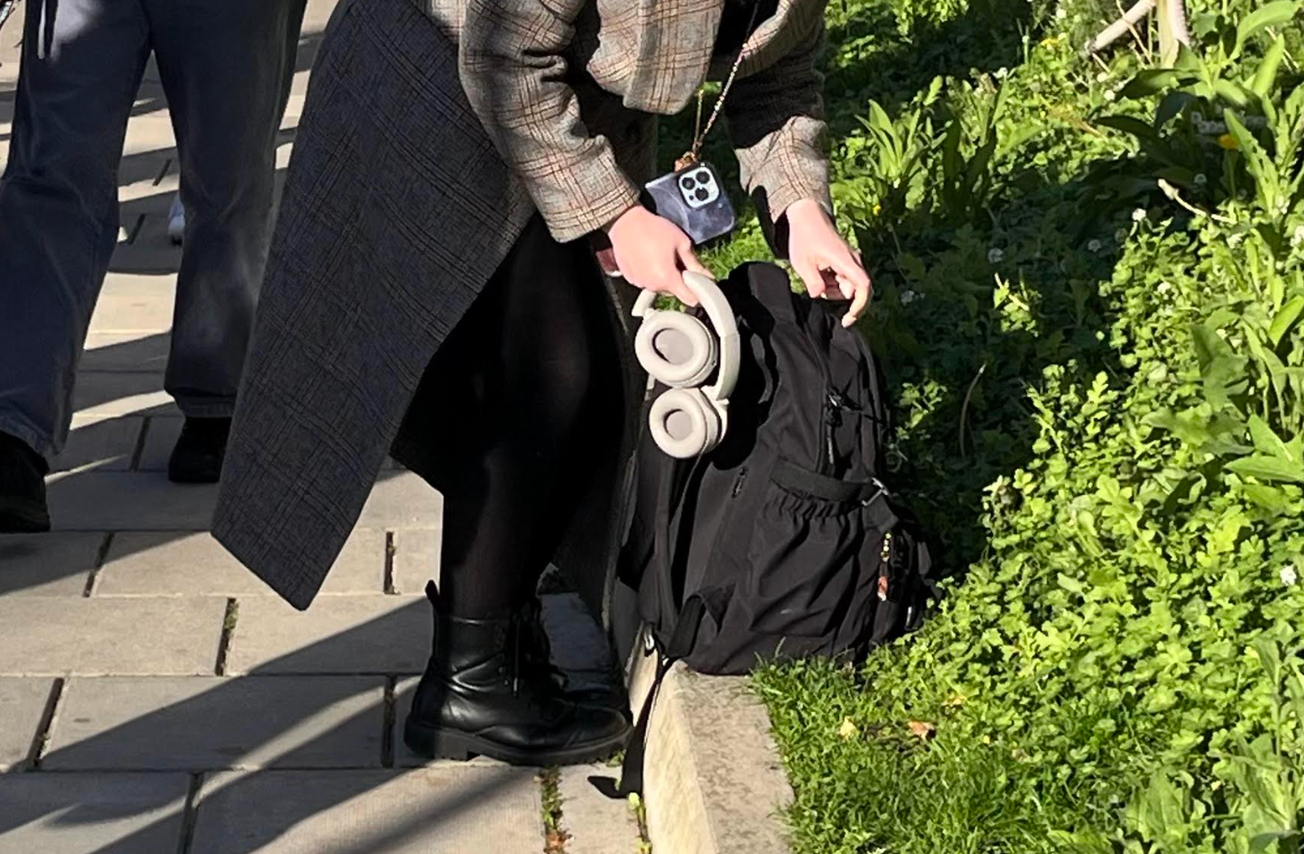By Edward Deacon, SciTech Digital Editor
March 23 marked one year since the first lockdown in the UK following the global outbreak of COVID-19 which has affected everyone’s lives in innumerable ways. Here, a retrospective on some of the main contributions by the University of Bristol to overcome the disease are highlighted.
Following the announcement of the first national lockdown, it wasn’t long before roughly 150 University staff came back to the university to start working on ways to understand and fight the virus.
Researchers quickly changed tack – putting their current research interests on hold – to get to the bottom of important questions like how the virus behaves at a molecular level, to the far-reaching impact of the pandemic on society.
Professor Philip Taylor, Pro Vice-Chancellor for Research and Enterprise at the University explained that: ‘We have published over 170 research papers about COVID-19 to-date and our research will continue to deliver wide-reaching impact in the fight against COVID-19.’
Understanding the virus
One of the first UK teams to grow the SARS-CoV-2 virus in the lab were Bristol virologists Drs Andrew Davidson and David Matthews.
By sequencing the genetic material of the virus – working out its DNA – they enabled teams around the world to work safely with the live virus.
Subsequently, Drs Davidson and Matthews have continued to better the understanding of the virus; in one major breakthrough a protein called Neuropilin-1, responsible for increasing the infectivity of the virus, was identified. Following this, pharmaceutical company Tyr Pharma is trialling a potential treatment in patients with severe cases of the virus.

Improving treatments
Certain types of steroids were found to reduce the risk of death by 20 per cent in critically ill patients in a study led by Prof Jonathan Sterne.
An international team coordinated by the WHO conducted the study and it has subsequently enabled better treatment of the virus in hospitals and has saved untold lives worldwide.
Other treatments that target the virus before it develops are also being worked on by researchers. A potential ‘game changer’ was found in the discovery of a druggable pocket in the SARS-CoV-2 spike protein which offered the possibility of preventing infection with drugs.
Professors Christiane Berger-Schaffitzel and Imre Berger who led the research are now working on a new possible antiviral treatment that could target the druggable pocket.

Vaccine trials
Clinical trials led by Professor Adam Finn and Dr Rajeka Lazarus have assessed the efficacy of the Oxford-AstraZeneca, Jannsen and Valneva vaccines. They partnered with colleagues from University Hospitals Bristol, the Weston NHS Foundation Trust and North Bristol NHS Trust.
At present, different combinations of vaccines and intervals between doses are being trialled. In addition, the safety and immune response of the Oxford-AstraZeneca vaccine in children and young adults aged six to 17-years-old is being investigated.
2,000 local Bristol residents have are partaking in the trials, without whom the trials would not have been possible.
Prof Finn acknowledged their contributions, saying: ‘There has been an enormous willingness by members of the public to come forward and take part in COVID-19 trials. Their act of selflessness has played - and will continue to play - a crucial part in reducing infection rates and saving lives.’
Monitoring the effectiveness of vaccines
In addition to protecting lives, the vaccine roll-out across the UK has allowed researchers to assess the effectiveness of different vaccines.
In February, interim results from a study led by Prof Finn and Dr Catherine Hyams indicated that a single dose of the Pfizer-BioNTech and Oxford-AstraZeneca vaccines is highly effective in preventing hospitalisation of people in their 80s.
The highly infectious Covid variant discovered in Kent was understood by mathematical modellers Drs Ellen Brooks Pollock and Leon Danon to be between 30 and 100 per cent more deadly than previous strains.
Impact on wellbeing and society
Longitudinal studies that consider a factor of interest repeatedly over a period of time, have played an important role in understanding the conditions COVID-19 has created.
Mental health wise, a world-leading birth cohort study ‘Children of the 90s’ has shown the proportion of young people experiencing anxiety has almost doubled since the start of the pandemic – 24 per cent compared to 13 per cent. Sadly, these effects persisted into summer last year despite restrictions being eased with 24 per cent still experiencing anxiety.
Children of the 90s has since launched a new antibody testing study to understand the asymptomatic spread of the disease. Over 9,000 Bristol-based participants are forming a part of the nationwide study.
In collaboration with Women’s Aid, Dr Emma Williamson gained insights revealing domestic abuse had worsened during the pandemic. Lockdown restrictions were used by perpetrators as a way to stop victims from leaving or seeking help. Government policy was informed by the findings and they were featured as part of a BBC One Panorama documentary which highlighted the issue.
Getting back to normal
Since the advent of the restrictions enforced as a result of the Covid outbreak, the performing arts have been hit hard with many events and performances not being possible.
The PERFORM project undertaken last year found that singing was no riskier than talking in terms of transmitting viral particles in the air.
The research team included Professor Jonathan Reid, Director of the Bristol Aerosol Research Centre, and has supported guidance for live musical performances and the safe distancing of performers and audience members.

Long COVID - who gets it and how can we treat it?
Point-of-Care Tests may be solution to growing antibiotic resistance crisis
Prof Taylor commended the efforts of University researchers, saying: ‘The COVID-19 pandemic is an unprecedented time in our history and has affected everyone across the world.
‘I would like to thank my colleagues across the University community who have stepped up to contribute to vital COVID-19 research in our understanding of the disease.’
Prof Finn added: ‘Bristol researchers united really quickly to collaborate on finding ways to overcome the disease.’
Featured Image: Epigram / Molly Pipe
Were you familiar with the research efforts of Bristol University over the past year to fight COVID-19?









